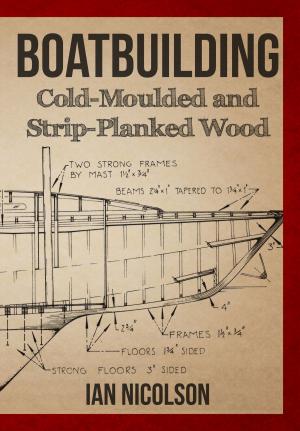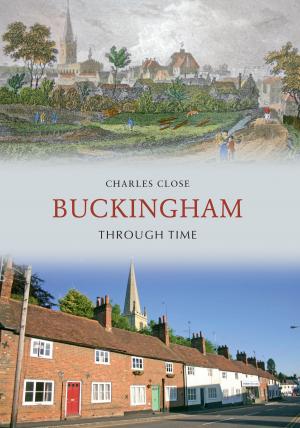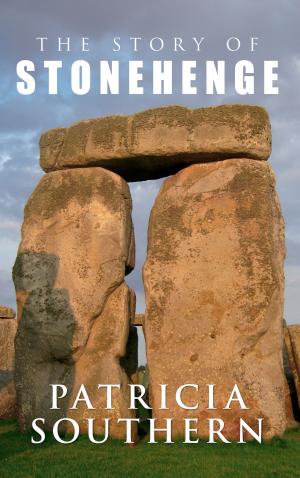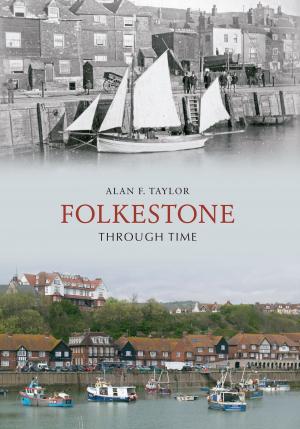Necropolis City of the Dead
Undercliffe Victorian Cemetery
Nonfiction, Art & Architecture, Photography, Pictorials, Travel, Architecture, History| Author: | Mark Davis | ISBN: | 9781445635064 |
| Publisher: | Amberley Publishing | Publication: | March 15, 2015 |
| Imprint: | Amberley Publishing | Language: | English |
| Author: | Mark Davis |
| ISBN: | 9781445635064 |
| Publisher: | Amberley Publishing |
| Publication: | March 15, 2015 |
| Imprint: | Amberley Publishing |
| Language: | English |
In Victorian Bradford, when death came, there was only one real place to be buried. For the rich and poor alike the newly laid out Undercliffe Cemetery, designed by William Gay, was the fashionable place to be seen in death. The cemetery, which was conceived by the Bradford Cemetery Co., was provisionally registered in 1849 as a consequence of the intense overcrowding at St Peter's parish graveyard, where human bones were seen to be protruding from the graves. The first burial at Undercliffe took place in March 1854, although the official opening did not occur until five months later in August. The grand opening ceremony was officiated by the Bishop of Ripon, who consecrated the western side of the cemetery for the Anglicans. The eastern side remained available for the burial of Nonconformists. In life, as in death, status was observed, and the ability to pay determined the location of a grave. In 2015, the cemetery remains as a testament to the lives of the people that forged this city. It is a place where history is quite literally written in granite and stone. The grand mausoleums and tombs are fit for kings and queens. Some of these monuments are now of special architectural and historic interest, and Undercliffe has been placed on the National Register of Historic Parks and Gardens alongside other famous cemeteries such as Highgate. Necropolis: City of the Dead explores one of the greatest achievements in Victorian funerary design and accomplishment, and some of the lives that until now have remained lost in the wilderness of time.
In Victorian Bradford, when death came, there was only one real place to be buried. For the rich and poor alike the newly laid out Undercliffe Cemetery, designed by William Gay, was the fashionable place to be seen in death. The cemetery, which was conceived by the Bradford Cemetery Co., was provisionally registered in 1849 as a consequence of the intense overcrowding at St Peter's parish graveyard, where human bones were seen to be protruding from the graves. The first burial at Undercliffe took place in March 1854, although the official opening did not occur until five months later in August. The grand opening ceremony was officiated by the Bishop of Ripon, who consecrated the western side of the cemetery for the Anglicans. The eastern side remained available for the burial of Nonconformists. In life, as in death, status was observed, and the ability to pay determined the location of a grave. In 2015, the cemetery remains as a testament to the lives of the people that forged this city. It is a place where history is quite literally written in granite and stone. The grand mausoleums and tombs are fit for kings and queens. Some of these monuments are now of special architectural and historic interest, and Undercliffe has been placed on the National Register of Historic Parks and Gardens alongside other famous cemeteries such as Highgate. Necropolis: City of the Dead explores one of the greatest achievements in Victorian funerary design and accomplishment, and some of the lives that until now have remained lost in the wilderness of time.















